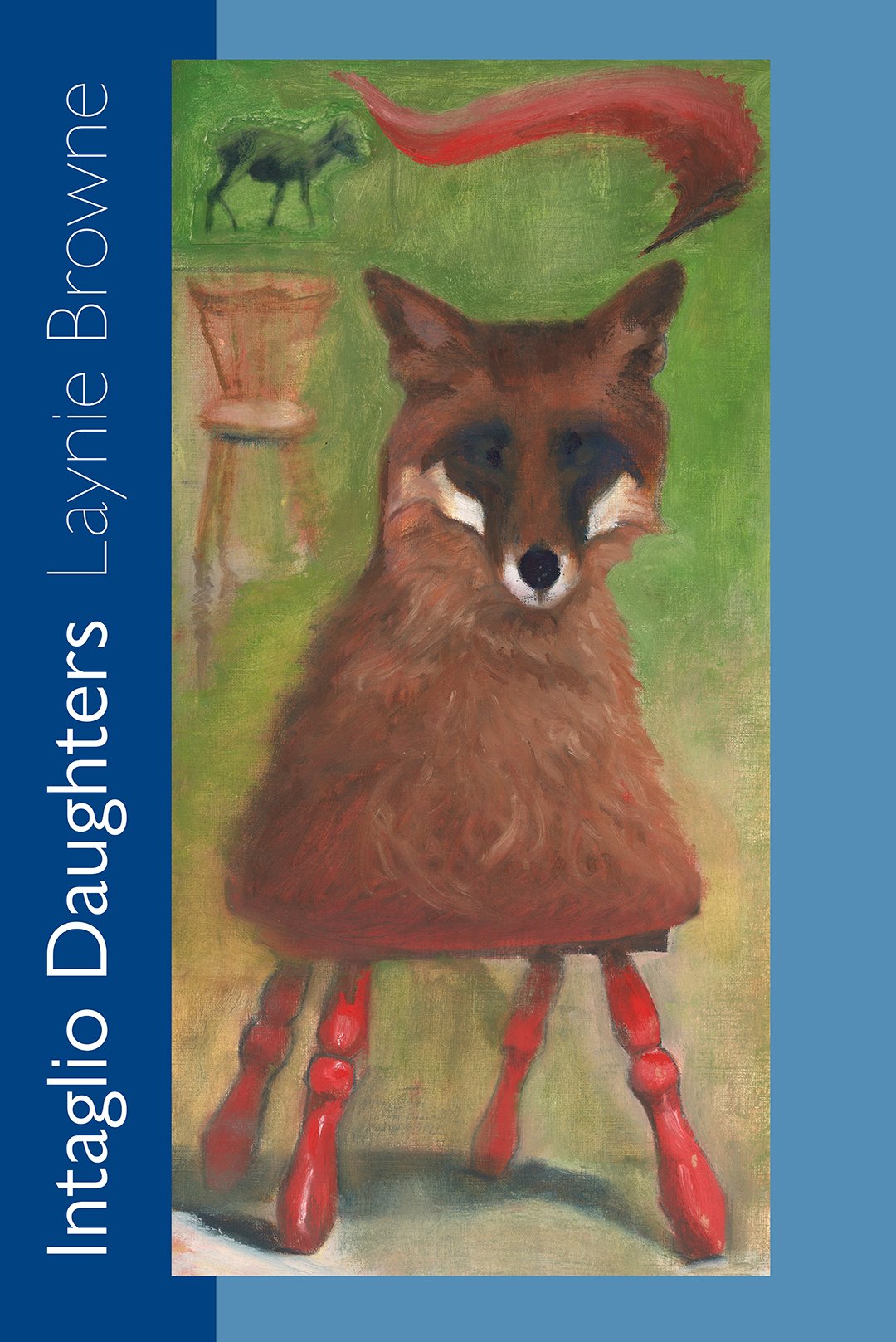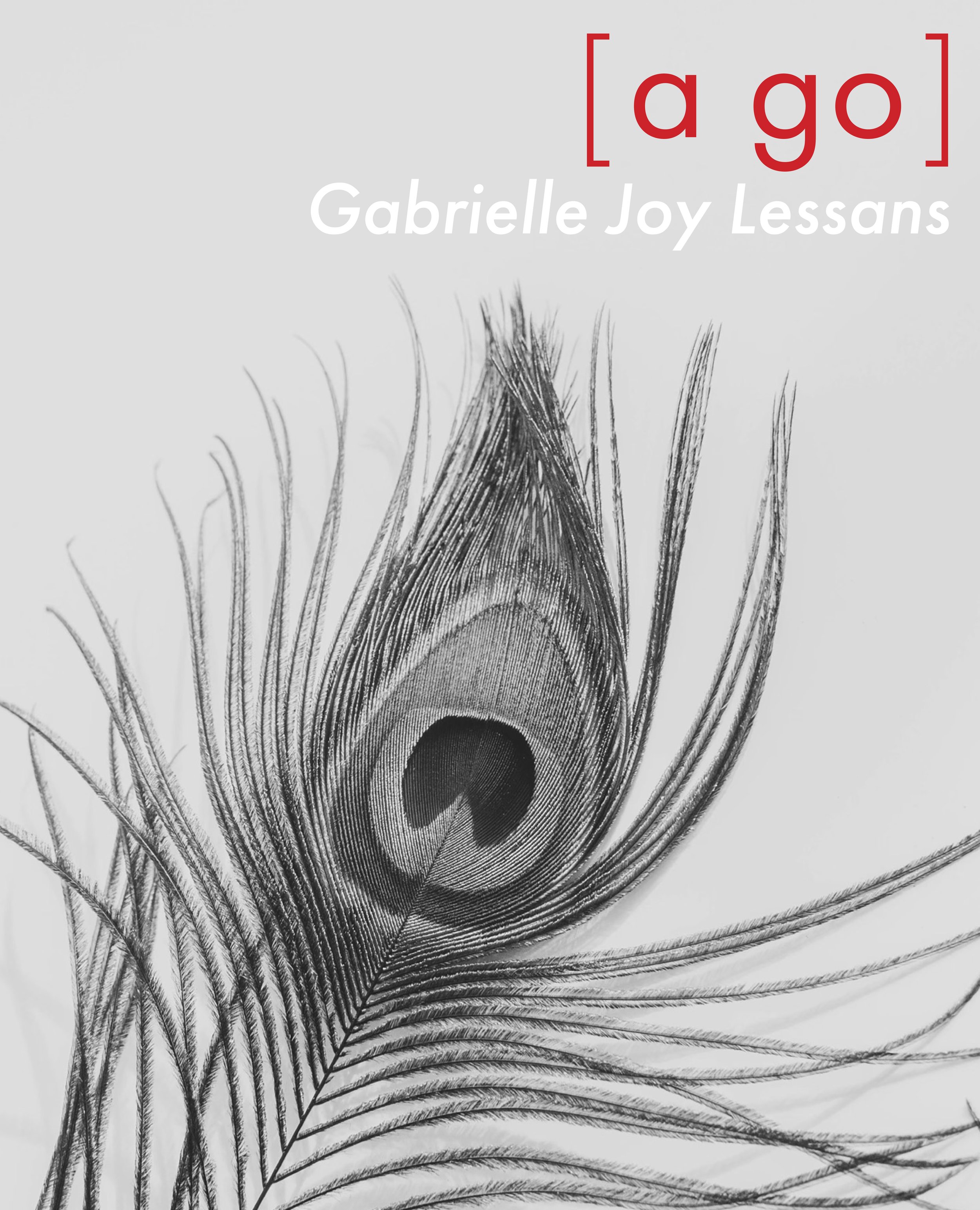Since 2014, my publishing and editing efforts have focused on Ornithopter Press, a small venture devoted to producing individual collections by contemporary poets. If you are interested in visiting the website, please do! Here on my personal site, I’m sharing select quotes and links to give a glimpse into the creative side of my work at Ornithopter.
Reviews of Ornithopter Press books
From “A Review of Tom Snarsky's Reclaimed Water”
Fittingly, Hugo Simberg’s 1896 painting, The Garden of Death, in which three Grim Reapers tend to sparse flowers, figures as the collection’s cover art as if to imply growth is inherently tragic. As such, the collection is divided into two sections—before progress and after progress, perhaps—and in “Hoosegow,” an early poem in section two, Snarsky laments that over time, this shared trauma will be our solitary link: “Gardens / begin to crawl back into being / the greenest shared headache of love // after money” (58). As we stand in the aftermath, however, do we honor this “shared headache of love” or spurn its flimsiness? Similarly, a poem comprised of a single couplet, “Possum Heaven” considers if what we garden—love, beauty, memory, connection—is true or a lie we convince ourselves of: “and the gone little soul on the side of the road said, / one day I will be part of a flower” (64). How to interpret the conviction of the animal’s “I will”? Is death truly generative or is to believe so a matter of coping?
—Susan L. Leary, EcoTheo Review, October 1, 2023
From “Intaglio Daughters”
Browne’s world is conjured out of fairy-tale lexis—satin, cinders, gauntlets, fortune tellers, and millet seeds. The paratactic mode hovers near sense but never quite rests on it; as Hejinian once said of non sequiturs: “It is very hard to find things that are completely unrelated to each other […] because the human imagination can connect anything to anything.”
—Sylee Gore, The Poetry Foundation's Harriet Books, September 6, 2023
From "The Sense of Words: Reverse Engineer by Kate Colby"
Kate Colby’s eighth collection, Reverse Engineer, is an elegant and inquisitive unraveling of how language shapes our relationship to the world, to ourselves, and to each other. Colby uses simple words and twisty syntax to embody the process of reverse engineering language-based relationships; with questions and humor, she finds the traps and trapdoors in our language.
—Randall Potts, The Rumpus, December 28th, 2022
From “Review: [ a go ] by Gabrielle Joy Lessans”
Lessans traverses the full page, using page breaks, white space, enjambment, and concrete shapes in exciting new ways. She goes beyond traditional line and structure, creating and embodying an exciting form of her own invention, one that’s a pleasure to follow along for the ride as it twists and turns its path across pages and binding. I read the whole thing in one go, [ a go ], unable to put it down, relishing the dizzying effect. . . . The shifts between each piece are so seamless, the carefully whittled meandering so subtly directed, that it makes me wonder if the poems were written in chronological order. They don’t feel like they end (or begin); they just morph into what comes next. This in media res could be disorienting upon first encountering an individual poem outside the context of the whole, but they all flow together so well that [ a go ] can be read as one long poem.
—Jesica Davis, Fissured Tongue, vol. 4
From "Ecologically Lush and Unfamiliar: The Deering Hour and Art in Time"
Bishop’s is a lyrically lush collection, thronging with iridescent color and rows of teeth in unexpected places. It is thoroughly, intentionally strange, purposefully wrought in terms of sonics, image and introspection. The Deering Hour sits at the weirdly beautiful table with Gerard Manley Hopkins, Emily Dickinson, Lucie Brock-Broido; it leans a velvet shoulder against phenomenology, hybridity, and its own aural intelligence. . . . I feel shaken awake by Bishop’s poetry. I had surely been sleeping; I had let the waves social tragedy and disaster on the news wash over me until I am not really seeing the world. Poems like “interstellar,” “leaf-lung,” and “field notes from the biological station” pull me back, remind me of the wildness of our natural environment, remind me that humans are not apart, we are a part-of nature, and strange, too.
—Han VanderHart, EcoTheo
From "A Review of Object Permanence by Michelle Gil-Montero"
This is a poetry intent on illuminating the spaces absence provides us with; the uncanny way they embody the most ephemeral kinds of presence, the ones that actually comprise our daily perceptions and experiences of life, if only one knows what to attend to. Haunted by scission, the poem glimmers with traces of eros and departure, and is representative of the book as a whole: a set of exquisitely modulated meditations on the interplay of here and elsewhere, an impermanent fullness and a central disappearance. Indeed, so many of her poems seem to disappear into themselves, leaving behind little more than whispers and traces, a trail of shadow vowels and retinal nocturnes.
—Patrick Pritchett, Marsh Hawk Review
From "The Tender Between, by Eve Luckring"
Luckring's first collection bristles with contemplative experimentation in both form and concept as it hovers in the unknown grey between becoming and unbecoming.
—Robyn Maree Pickens, Rain Taxi
From “Imago, by Peter Yovu”
Yovu’s poems are stunning, and the book design matches this craftsmanship. The cover features a hand-printed duotone block print of a frog skeleton by Mark Harris: another iteration to look beneath the surface to the bare bones underneath. Most pages have several poems on them, and this allows the layout to have an impact as well. The spaces between words, between lines, and ample white space on the page provide breathing room. Whole worlds can enter and exit these micro-moments. And while every aspect of the book is carefully considered, it feels effortless. Everything is as it should be, and it remains fresh after many readings.
—Cherie Hunter Day, in Modern Haiku
Interviews with Ornithopter Press authors
Erin Malone, in conversation with Han VanderHart:
“It’s nice to have this book be out in the world because now I really do feel free of this story...”
—Of Poetry Podcast, Erin Malone (of Bears, Memory, and Doors), December 27, 2023
————
and here, in conversation with Gabriela Denise Frank:
“I gave [the manuscript] to Ornithopter Press in November 2022, and in February 2023 they took it. I couldn’t believe how fast it went, productionwise; the editor is really great.”
—Crab Creek Review, A Conversation with Erin Malone, January 1, 2024
Tom Snarsky, in conversation with Ruben Quesada and Chloe Yelena Miller:
“Light-Up Swan went through many iterations and different-in-kind versions before it became what ultimately went to the printer. That process was a great gift to get to go through, because in the private space of writing a poem or arranging a manuscript you don’t always get the chance to see a whole work held up to the light, or to be asked, “Is this what you want? Is this what you’re hoping people will see, hear, feel?” The book was initially in a very different form than the one published—in the first draft there was more play with translation, an apologetic title, and maybe more irony than music or love—and Mark Harris at Ornithopter kindly shepherded it through various different organizing principles, offering kind suggestions and vital feedback at every turn.”
—Kenyon Review’s Poetry Today, July 20, 2021
Gabrielle Joy Lessans, in conversation with rob mclennan:
“Working with Mark Harris of Ornithopter Press was my first real experience working with a book editor, and it was an incredible one. He has such an immaculate eye/ear for the nuances of form & sound, which for me, is just a dream. He gave subtle suggestions, posed important questions, and was gentle & attentive to this deeply personal text. I felt seen, cared for, and led; and that is pretty much all you can ask for in an editor. I have friends who have had much courser experiences with other editors, at other presses, and so I just feel incredibly lucky to have gotten the chance to work with Mark. Twice!”
—rob mclennan’s blog, September 10, 2022










